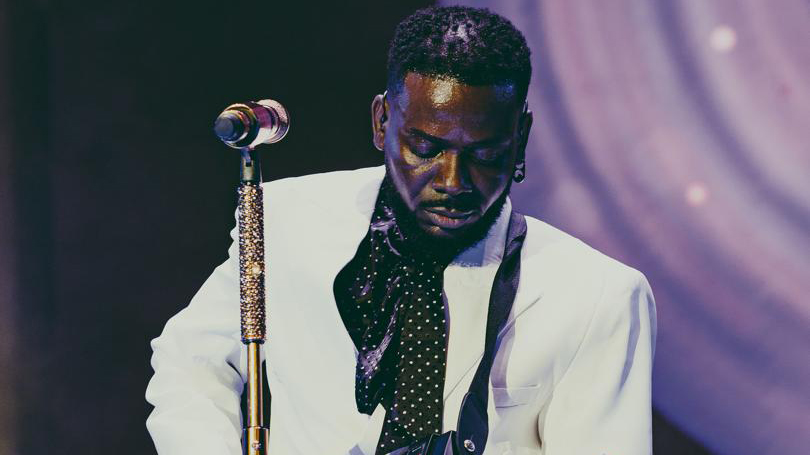
•Agency set to celebrate day to end impunity for crimes against journalists
Between 2006 and 2024, more than 1,700 journalists were killed around the world, with close to nine out of 10 cases of these killings remaining judicially unresolved, according to the UNESCO Observatory of Killed Journalists.
According to UNESCO-supported research, the most recent five-year period from 2019 to 2023 recorded an increase in physical attacks like assaults, arrests and harassment, and legal actions including defamation lawsuits and criminal prosecutions of journalists reporting on environmental issues. This increase is in comparison to the number of attacks recorded in the previous five years from 2014-2018.
Between January 2019 and June 2022, UNESCO documented 759 individual attacks against journalists, including five killings, during 89 elections in 70 countries.
It said 70 per cent of journalists are subject to attacks, threats or pressure while covering environmental issues. It also said six journalists were killed in connection with their reporting on environmental issues.
Every two years, the awareness raising campaign for the commemoration of the International Day to End Impunity for Crimes against Journalists coincides with the findings of the UNESCO Director-General’s Report outlining the current state of global and regional impunity.
In a statement released ahead of International Day To End Impunity For Crimes Against Journalists, the agency said impunity for lethal and non-lethal attacks against journalists perpetuates a cycle of violence, which is a key indicator in ensuring public access to information and the protection of fundamental freedoms. The International Day to End Impunity for Crimes against Journalists (IDEI) is an occasion to commemorate the memory of killed journalists, highlight the risks that journalists take to do their job, call for accountability for crimes committed against then, and reaffirm commitment to the protection and safety of journalists in the course of doing their work.
The global commemoration of this day will hold at the African Union (AU) headquarters in Addis Ababa, Ethiopia, co-hosted by UNESCO and the AU. The event is scheduled for November 6 and 7 under the theme of Safety of Journalists in Crises and Emergencies.
UNESCO and the AU will also co-host a “Day of Action” on November 7 to allow stakeholders and participants organise and attend different types of activities. These activities will be action-oriented initiatives, such as the launch of reports and projects, a chance to hold strategic partnership meetings, trainings, workshops, and exhibitions, discussing continental, regional, and subregional action plans, and conducting information sessions.
This event will commemorate the 10th anniversary of the first IDEI, held in 2014 at the European Court of Human Rights, after the landmark establishment of the November 2 as the IDEI by the UN General Assembly in Resolution 68/163.
This event will also commemorate the 20th anniversary of the mandate of the Special Rapporteur on Freedom of Expression and Access to Information of the African Commission on Human and Peoples’ Rights in 2004, whose role is pivotal in safeguarding freedom of expression and safety of journalists in Africa.
The UN General Assembly Resolution A/RES/68/163 in 2013, proclaimed November as IDEI, a date which commemorates the assassination of two French journalists in Mali on 2 November 2013.
Every IDEI, UNESCO calls on governments, civil society, the media, and everyone concerned to uphold the rule of law, and to join in the global effort to raise awareness on the need to end impunity for crimes against journalists.
The African Union has a proactive approach to the safety of journalists rooted in its broader agenda of promoting human rights, democracy, and good governance.
The African Charter on Human and Peoples’ Rights is a foundational document that guarantees the right to information and freedom of expression. In the AU’s long-term strategic framework, Agenda 2063, the safety of journalists is covered under several provisions, including an “Africa of good governance, democracy, respect for human rights, justice, and the rule of law” (Aspiration 3) and “a peaceful and secure Africa” (Aspiration 4).
UNESCO is committed to the safety of women journalists, working with partners to identify and implement effective measures and sharing recommendations to all parties concerned by this topic. Women journalists face increasing numbers of attacks, verbal, physical, offline and online, attacks of a gender-specific nature, such as sexist hate speech, trolling, sexual assault and rape, and murder.
IDEI 2024 will provide an important platform for regional stakeholders to discuss the safety of women journalists in crisis contexts, especially against the background of the 16 Days of Activism against Gender-Based Violence, in the lead-up to the Beijing +30 in 2025, and given that Gender Equality is one of UNESCO’s global priorities, along with Africa. Furthermore, these initiatives are in line with the recommendations of the 10th anniversary of the UN Plan of Action on the Safety of Journalists and the Issue of Impunity.






